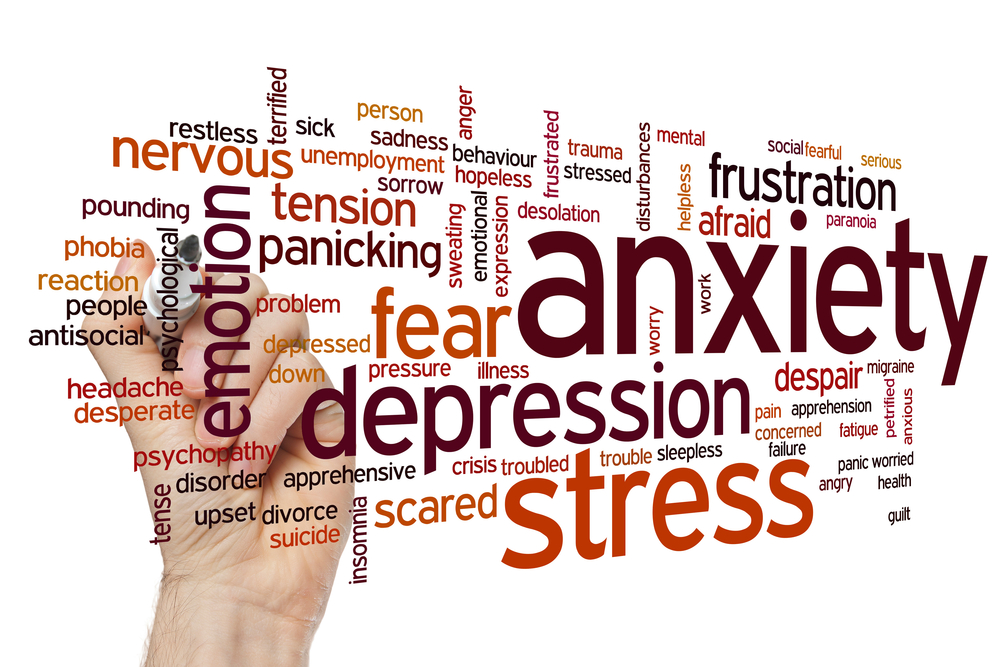10 Health Effects of Air Pollution
 Air pollution is caused when one or more toxic substances are present in the air. These contaminants can be artificial or natural.
Air pollution is caused when one or more toxic substances are present in the air. These contaminants can be artificial or natural.
These pollutants can enter the body through the respiratory tract and cause mild to severe health problems. According to WHO, 99% of the world’s population breathes in contaminated air.
What is Air Pollution?
Air pollution is the presence of contaminants, such as dust, fumes, gas, smoke, etc., in the atmosphere. It can cause contamination of both indoor and outdoor air, making it unfit for breathing.
According to WHO, the contaminants that are most hazardous to a person’s health are:
- Ozone
- Particulate matter
- Sulphur dioxide
- Nitrogen dioxide
What Causes Air Pollution?
The causes of outdoor air pollution are both artificial and natural.
Some examples of artificial contaminants that lead to air pollution are industrial and manufacturing by-products, vehicle exhaust, by-products of coal-based power generation, by-products of chemical plants etc.
Air pollution is also contributed to by natural contaminants such as ash and gases from volcanic eruptions, wildfire smoke, gases emitted from natural decomposition in soil, etc.
Harmful chemical combustion, building materials such as lead or asbestos, pollen, mould, cigarette smoke, etc. can also cause indoor air pollution.
What are the Adverse Health Effects of Air Pollution?
10 health effects of air pollution include:
- Lung Cancer
WHO has classified polluted air as a human carcinogen. Contaminants in polluted air, when breathed in, can cause lung cancer, which is a major cause of outdoor air pollution deaths.
Apart from lung cancer, air pollution can also lead to some other cancers, such as bladder and urinary tract cancer.
- Asthma
Contaminants in the air can react with sunlight to form ozone gas, which can aggravate asthma attacks. Tiny particles in the air can cause lung damage, which can also increase the incidence of asthma attacks.
- Chronic Bronchitis
Inhaling vehicle exhaust can lead to inflammation in the bronchial tubes, which transport air to the lungs. This condition is called long-lasting or chronic bronchitis. The symptoms of chronic bronchitis are shortness of break and coughing up thick mucus.
- Chronic Obstructive Pulmonary Disease (COPD)
COPD includes conditions that cause difficulty in breathing. Two of these major conditions are chronic bronchitis and emphysema. These conditions obstruct air flow to the lungs. People with COPD have severe breathing difficulty in polluted areas. Serious cases of COPD can even be fatal.
- Pneumonia
Pneumonia is identified by inflammation in the lungs and is one of the major causes of child deaths worldwide. It is caused by air contaminants like sulphur dioxide and nitrogen dioxide.
Symptoms of pneumonia include:
- Cough
- Chest pain
- Shortness of breath
- Fever
- Fatigue
Children and elderly adults have a greater risk of pneumonia.
- Heart Disease
Both short- and long-term exposure to air pollution is harmful for the heart. Tiny particle pollutants can enter the bloodstream and cause inflammation and heart disease. Air pollution can also increase the chances of heart attack, arrhythmia, stroke, and heart failure.
- Mental Illness
Air pollution has also been linked to mental illnesses such as bipolar disorder and depression.
- Autoimmune Conditions
In an autoimmune condition, the immune system attacks the cells and tissues of the body. This can cause tissue and cell damage, as well as inflammation around the heart and lungs.
Particles in the air can get into the lungs and trigger an immune response, which can cause certain autoimmune conditions.
- Miscarriage
Air pollution has been linked to miscarriages in the first half of pregnancy. Although the exact mechanism of it is unknown, researchers say it can be due to inflammation around the placenta.
- Premature Birth
Air pollution can raise the level of toxic chemicals in the blood. These chemicals can affect the immune system of a pregnant woman, which can lead to the premature birth of her child.
How to Protect from Air Pollution?
Individuals can lower their exposure to air pollution by following a few simple steps, such as:
- Checking the daily air pollution forecast in the resident city.
- Avoid areas with low air quality.
- Reducing outdoor exercise when air quality is low.
- Wearing an N95 or KN95 mask when outdoors or in traffic.
The consequences of air pollution can range from mild problems such as eye and nose irritation to severe issues such as cancer and heart attacks. While governments are implementing policies to curb air pollution, individuals should also be mindful to reduce their exposure wherever possible.
FAQs
1. Which organs are impacted by air pollution?
Air pollution can affect almost every organ in the body, including some major organs like the heart, the brain, and the lungs.
2. How much exposure to air pollution is considered harmful?
Exposure to air pollution in both the short- and long-term can impact human health negatively. However, specific durations for adverse impacts vary by the type of pollutant one is being exposed to.














